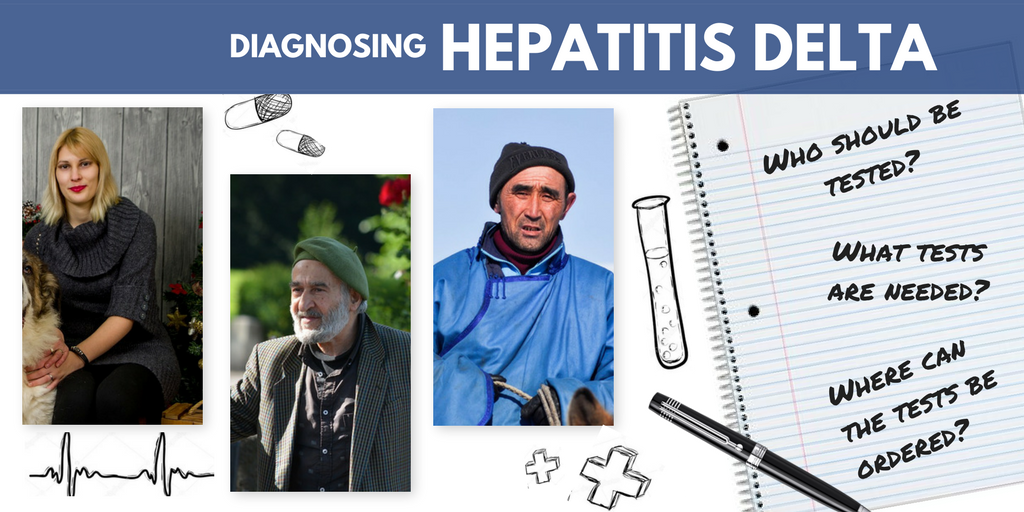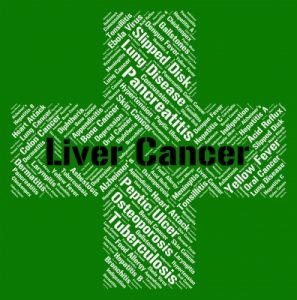|
|
 |
|
|---|
By Sierra Pellechio, Hepatitis Delta Connect Coordinator
Hepatitis D, or hepatitis delta, is the most severe form of viral hepatitis known to humans. The hepatitis D virus infects the liver and is dependent on the hepatitis B virus to reproduce. This means that people who are already infected with hepatitis B are at risk of contracting hepatitis D as well.
Worldwide, more than 257 million people live with hepatitis B and of this number, an estimated 15-20 million are also infected with the hepatitis delta virus (HDV). While uncommon in the United States, HDV co-infection is more common in parts of the world such as China, Russia, Middle East, Mongolia, Romania, Georgia, Turkey, Pakistan, Africa, and the Amazonian river basin. For this reason, it is important to test hepatitis B patients who originate from these higher endemic areas for hepatitis D. Anyone with chronic hepatitis B who is not responding to antiviral treatment, or who has signs of liver damage even though they have a low viral load (HBV DNA below 2,000 IU/mL) should also be tested. Fatty liver disease (caused by obesity) and liver damage from alcohol or environmental toxins should be ruled out as causes of liver damage before testing for HDV. Hepatitis D infections lead to more serious liver disease than hepatitis B infection alone. It is associated with faster progression to liver fibrosis, increased risk of liver cancer, and early decompensated cirrhosis and liver failure. This is why it is so important that people with hepatitis B and D coinfection are diagnosed before it can lead to severe complications.
Robert Gish, MD, Hepatitis B Foundation Medical Director, and David Hillyard, MD, Medical Director, Molecular Infectious Diseases, ARUP Laboratories, tackled the topic of diagnosing hepatitis D in a webinar in October. Dr. Gish also answered additional questions, which are featured below:
- What is the first step in diagnosing an HDV patient?
The HDV antibody test (anti-HDV) is the first test that is run to see if a patient has been infected with hepatitis delta. Because this test will be positive even if a patient has cleared a hepatitis delta infection, it is followed up with an HDV RNA test, which determines an active infection. There is also an antibody test (anti-HDV igM) that can test for an acute active infection.
- Are there tests available in the US that can detect the HDV genotypes or just genotype I?
Although there have been 8 genotypes of HDV identified, each with their own distinct progression outcomes, genotype testing in the US remains rare and often difficult to acquire.
- What is the role of measuring HDV RNA in monitoring chronic HDV progression or response to treatment?
The most effective way to understand the progression of a hepatitis D infection is to use liver ultrasounds, elastrography and fibroscans. These tests can evaluate the health of the liver. Declining HDV RNA level usually indicates a positive response to treatment.
- Is there value to testing patients for a disease for which there are not many treatments?
Because patients who are coinfected with B and D have twice the risk of cirrhosis and liver cancer compared to monoinfected patients, it is an important diagnosis to make. Although there is currently only 1 treatment, lives are still being saved.
- Should primary care providers be testing high-risk patients for HBV and HDV at the same time?
No, providers should only test patients who already have hepatitis B. One in twenty people with hepatitis B are thought to also be infected with hepatitis D. Bottom line: testing for hepatitis D is a simple blood test that could change the course of treatment and save your patient’s life!
If you do find out that you have hepatitis D, it can be overwhelming and scary. However, knowing the basics can help you manage your diagnosis. Through the Hepatitis B Foundation’s Hep Delta Connect program, you can get information on how to protect your loved ones, find a physician, and seek out support.
For more information, please click here or visit our Hepatitis Delta Connect program website. Please also contact Sierra Pellechio, the Program Manager for Hepatitis Delta Connect program at sierra.pellechio@hepb.org for any questions.









